
Since the launch of the Raspberry Pi, many similar products have emerged, allowing more people to learn programming at a low cost. The BBC has also announced the final design of the Micro Bit, a charming computer that fits in your pocket.
Previously, someone from the BBC stated that the Micro Bit is a highly flexible, programmable embedded device created with the purpose of “helping this generation become coders, programmers, and pioneers of the future digital world,” primarily aimed at programming education for teenagers.
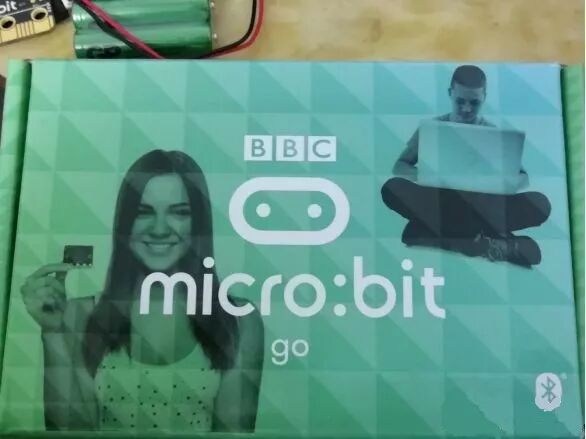
Micro:bit packaging box
Upon opening the kit’s packaging, you find a 5×4 cm circuit board, a battery, and a USB data cable. The hardware is quite minimal, but don’t underestimate it.
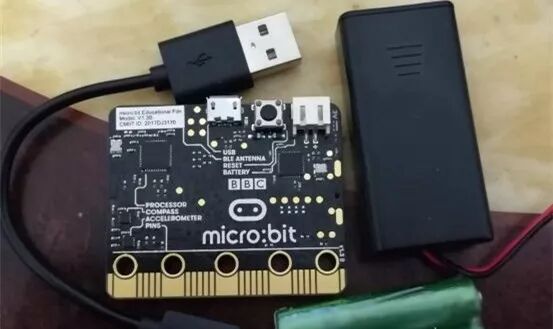
We know that the Raspberry Pi 3 uses a 1.2GHz 64-bit quad-core ARM Cortex-A53 processor, Broadcom Videocore IV graphics, and 1GB of RAM. In contrast, the BBC Micro Bit uses a 32-bit ARM Cortex M0 processor and 16KB of RAM. The chip used in the latter is the smallest in the ARM family, making it very energy-efficient and easy to program, although its performance is significantly lower than that of the Cortex-A53 used in the Raspberry Pi 3.
In fact, the Micro Bit can be seen as a gateway to the Raspberry Pi 3. The Micro Bit has a range of innovative features; despite its small size (5cm x 4cm), it integrates a variety of electronic modules: a 5×5 LED display, two programmable buttons, an accelerometer, a digital compass, a temperature and light sensor, and low-energy Bluetooth.
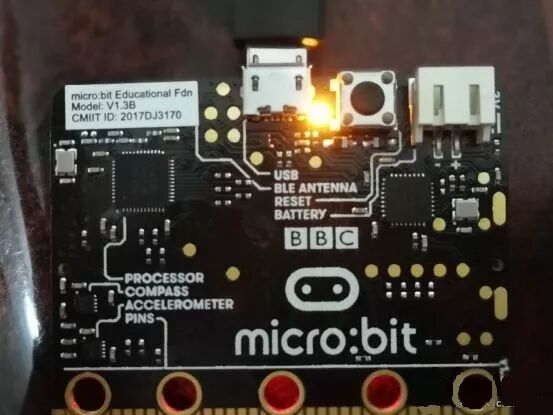
For example, it has 25 red LEDs that can display messages; two programmable buttons that can be used to control game actions or pause/play music; it can detect motion and inform you of the direction of the movement, and it can also connect wirelessly to other devices or the internet via the low-energy Bluetooth module!
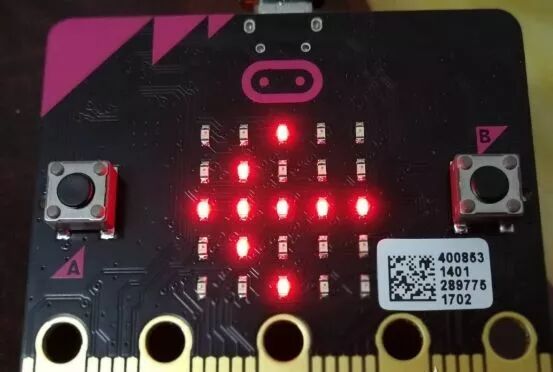
Of course, the BBC Micro Bit needs to interact with other devices and does not function as a standalone system. The Micro Bit uses a 32-bit ARM Cortex M0 processor, which is the smallest in the ARM family, making it very energy-efficient and easy to program.
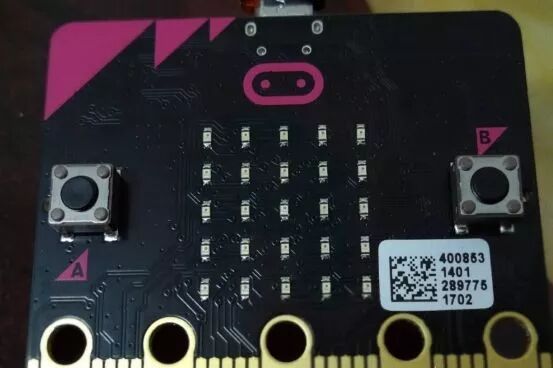
The BBC Micro Bit has only 5 I/O rings, and users need to use spring clips to connect it to other devices, such as sensors or robots. However, the presence of Bluetooth functionality allows it to connect wirelessly to smartphones or other devices, and the accelerometer and compass enable it to run directional applications or motion-based games.
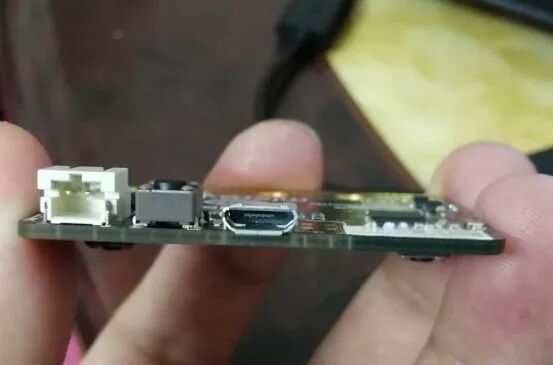
In summary: The BBC Micro Bit is an embedded software platform that cannot run a complete operating system. It can be used to create any cool little inventions, whether robots or musical instruments, the possibilities are endless. Highlights include: 1. Micro Bit supports almost all PCs and mobile devices; 2. Due to its small size, Micro Bit can be integrated into many portable projects; 3. Its flexible design makes it suitable for programming education. 
1. The December electronic issue of “Microcontroller and Embedded System Applications” is freshly released~
2. The strengths and weaknesses of CPUs and GPUs
3. How Python calls MATLAB programs!
4. After 15 years of coding, I summarize three things that can improve efficiency by ten times
5. What do electronic enthusiasts need to do to advance to electronic engineers?
6. The C++17 standard has been officially released, making it easier for developers to write and maintain code in the future
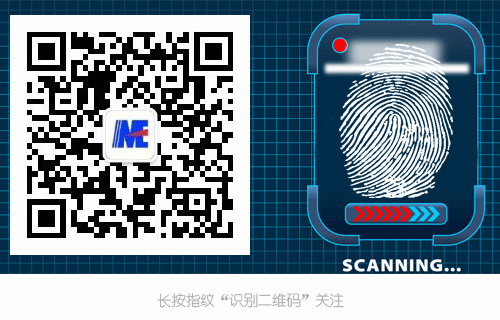
Disclaimer: This article is a network reprint, and the copyright belongs to the original author. If there are any copyright issues, please contact us, and we will confirm the copyright based on the materials you provide and pay for the manuscript or delete the content.